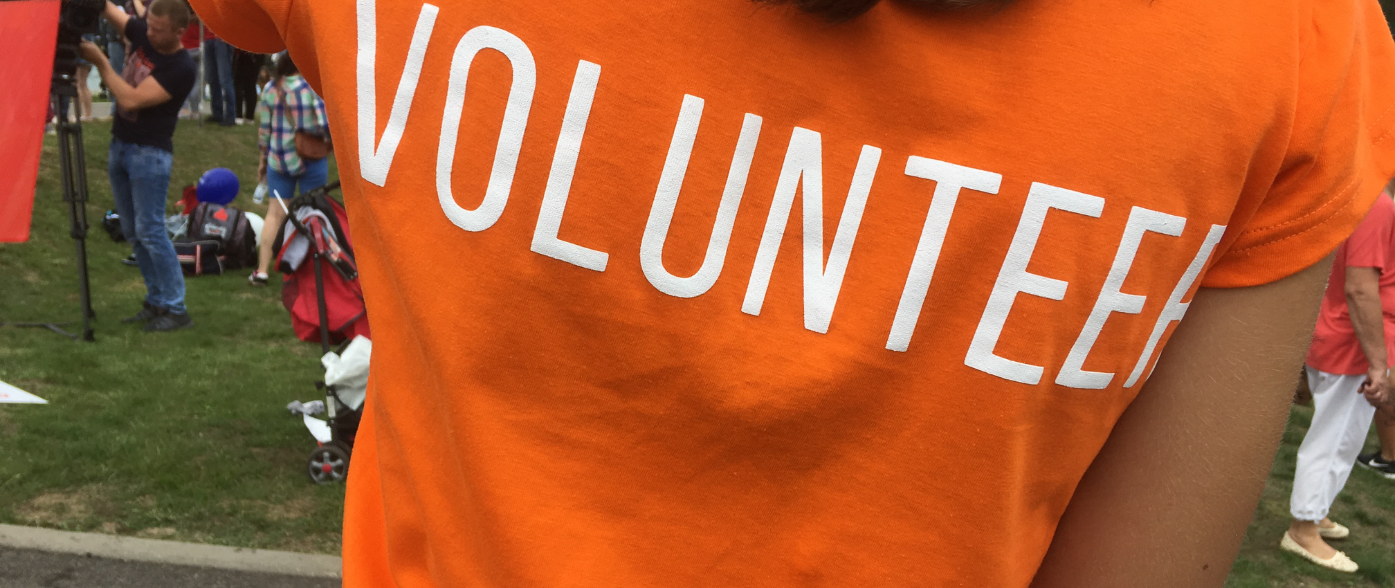National Service to be reintroduced?
- TBA

- Jun 19, 2024
- 3 min read
Updated: May 29, 2025
The Prime Minister Rishi Sunak announced in an article on the 26th May that if the Conservative Party wins the election in July, mandatory national service will be reintroduced.
Sunak stated that reinstating mandatory military service for 18-year-olds will foster a ‘sense of pride in our country’ and that ‘only by nurturing our shared culture and fostering a sense of duty can we preserve our nation and values for decades to come. This is an investment in both the character of young people and our security’.
As part of the new plans, 18-year-old students will be required to serve in the military for one year, or choose an alternative volunteering scheme with organisations such as the NHS, fire service, ambulance service, or other local services for one weekend per month (25 days in a year).
In defending his policy, Sunak also stated that he was ‘incredibly excited’ for his daughters to take part, saying that ‘I have two young girls. I’m incredibly excited for them to do it because I think it’ll be transformative for our country’.
Although Sunak’s decision immediately sparked debate, it has indeed generated a degree of enthusiasm in the election campaign. According to a survey by the Daily Mail, over 68% of more than 3,000 respondents believe that a form of national service should be reinstated.
Of course, the majority of supporters are aged 60 and above, who are the core demographic of the Conservative Party.

1. What happens in other countries?
National service previously existed between 1949 and 1960, where men aged 17-21 were expected to serve in the military for 18 months and remain on the reserve list for four years.
However, the policy was completely abolished in 1960 and has not been reinstated since.
In Europe, many countries still have mandatory military service. Currently, 12 European countries enforce it, including Norway, Austria, Belarus, Switzerland, Denmark, Estonia, Finland, Moldova, Lithuania, Greece, Latvia, and Sweden.
Each country has different requirements. For example, in Switzerland, men serve from the age of 19 for only 21 weeks. Norway is one of the few countries that also requires women to serve.

2. Public reaction to mandatory national service, and the government’s response
From the public’s perspective, many young people and parents believe mandatory national service could deprive youths of their choices, arguing that young people today should have more freedom to explore their careers and interests, particularly in an already difficult economic environment.
However, some older people support the policy, believing it can help young people build more positive values, cultivate social responsibility, and reduce juvenile crime. The opposition Labour Party has also expressed firm opposition, stating that the proposals were ‘unworkable’ and a sign of 14 years of failed Conservative policy.
The current Home Secretary James Cleverly stated that the current plan would not force anyone to undergo military training. Those who choose to participate in military activities will be paid, while volunteers will not be.
The proposed plan has sparked significant debate in British society. Former military leaders and other former Conservative politicians have criticised it, arguing that the British army needs more funding, not untrained young volunteers. This has added a new challenge to the Conservative Party’s already troubled campaign.
This was compounded by a further reversal by the government – the military aspect will now also be shortened to 25 days in the year, rather than the original plan for participants to serve one full year!
Some polls suggest that the Conservative Party could face its worst defeat in history in the upcoming election. Therefore, Sunak’s move is seen by many as a desperate attempt to supplement the Conservative Party’s faltering campaign strategy. So, time will tell if national service will really be introduced. Let’s wait and see!
For individuals and businesses looking for UK taxation services, use our contact form to get in touch for more information.
Get in touch with us at info@tbgroupuk.com or for a free one-to-one consultation.



